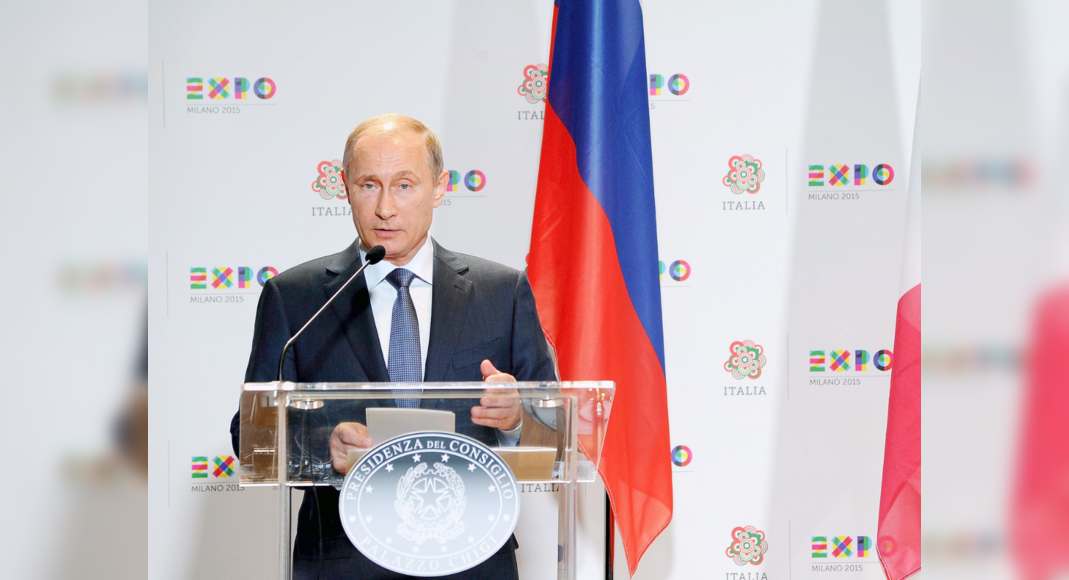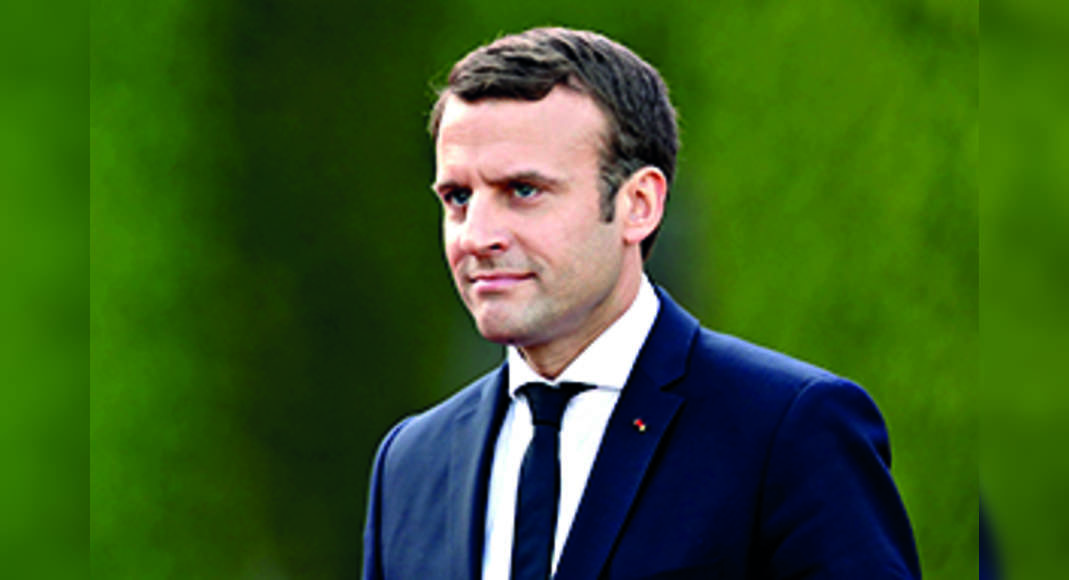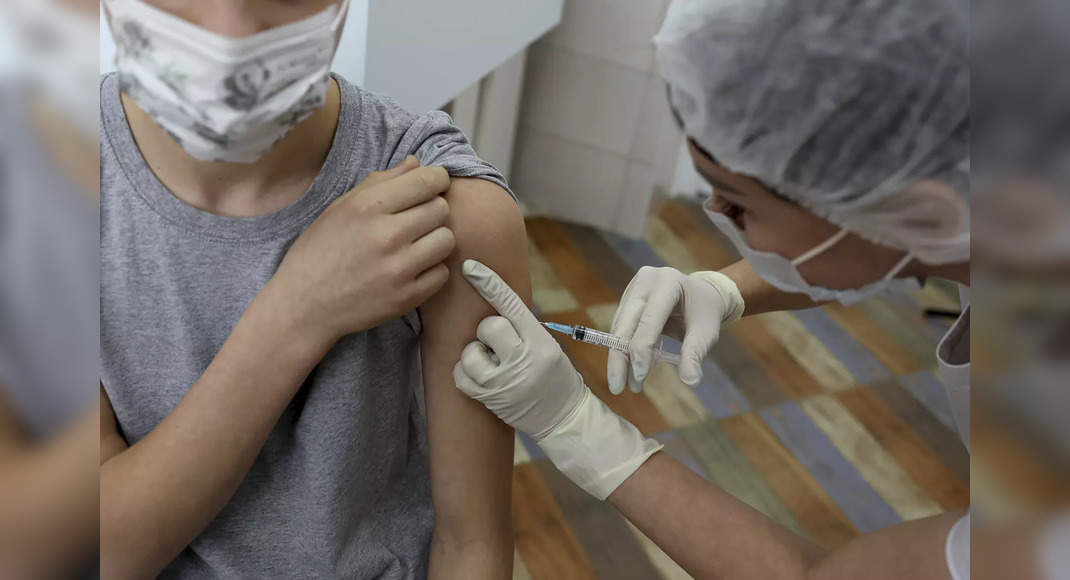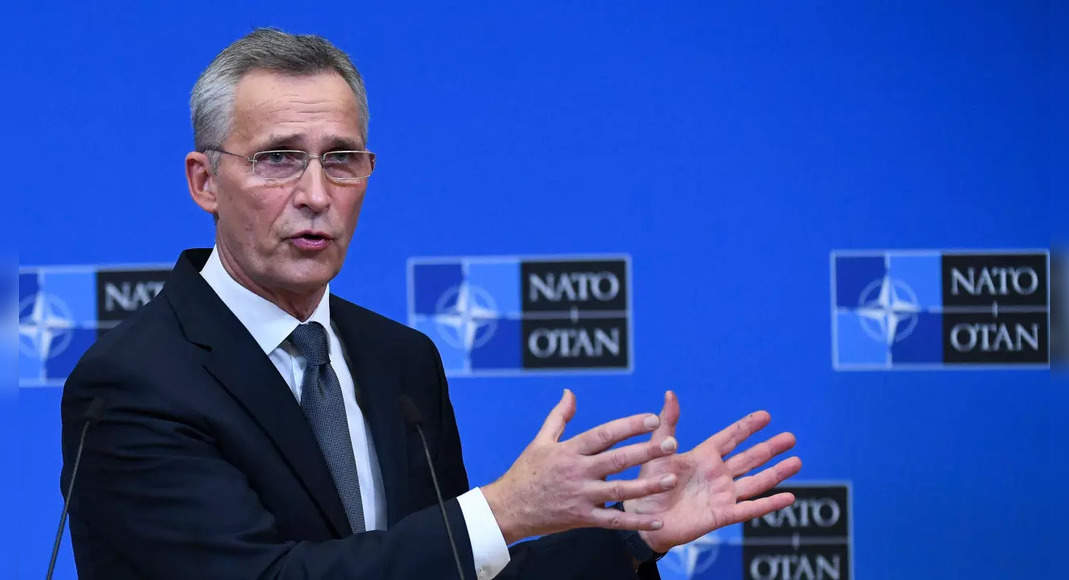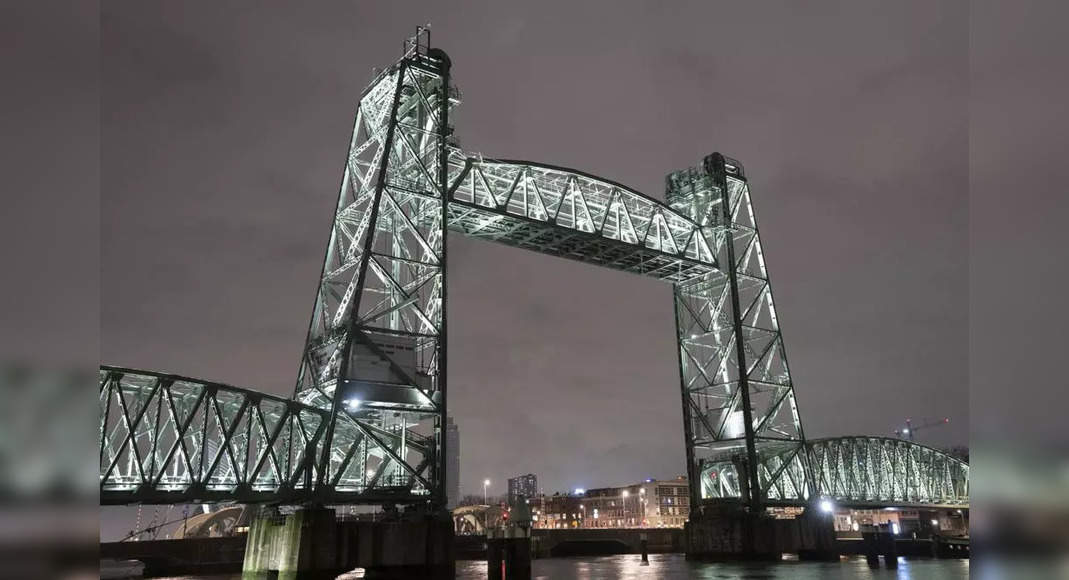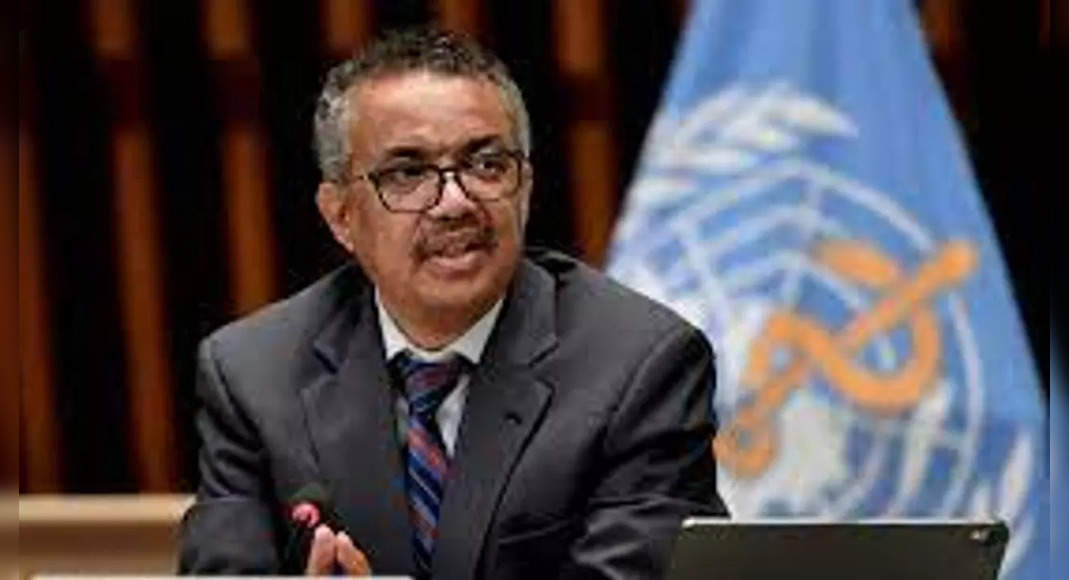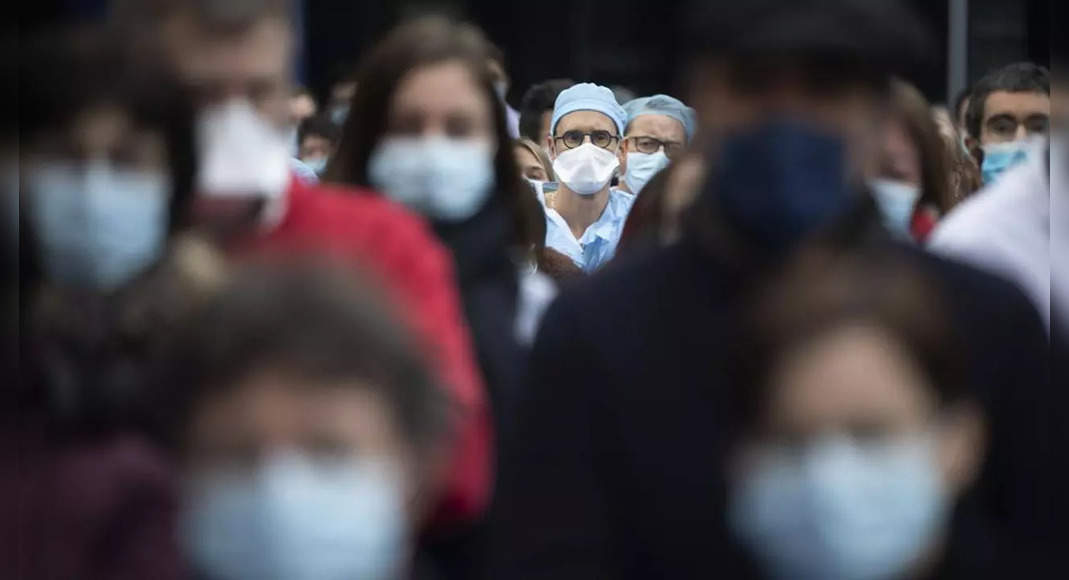BRUSSELS: Countries bordering Russia expressed concern Thursday about a Franco-German plan to resume official meetings with President Vladimir Putin, likening the move to an attempt to talk a bear out of trying to steal honey.
The European Union is deeply divided in its approach to Moscow.
Russia is the EU’s biggest natural gas supplier and plays a key role in a series of international conflicts and issues linked to Europe’s strategic interests, including the Iran nuclear deal, and conflicts in Syria and Libya.
European heavyweight Germany has strong economic interests there, notably the NordStream 2 undersea pipeline project, and a number of countries, including France, are reluctant to continue waging a sanctions battle with Russia, including over the poisoning of opposition leader Alexei Navalny.
The EU is concerned that Putin is turning increasingly authoritarian and wants to distance himself from the West.
Both the 27-nation trading bloc and the NATO military organization are struggling to bring Russia to the table.
US President Joe Biden’s meeting with Putin this month was a rare exception.
We have to deal with Russia, but being very cautious about the real intentions of Putin’s regime, Lithuanian President Gitanas Nauseda told reporters at an EU summit in Brussels, where the issue will be discussed.
So far, we don’t see any radical change in the pattern of behaviour of Russia.
If without any positive changes in the behaviour of Russia we start to engage it will send very uncertain and bad signals, for example to eastern partnership countries, Nauseda said.
It seems to me like we try to engage a bear to keep a pot of honey safe.
In Berlin, German Chancellor Angela Merkel told lawmakers that the events of recent months not just in Germany have clearly shown that it’s not enough if we react to the multitude of Russian provocations in an uncoordinated way.
Instead, we have to create mechanisms to respond in a common and unified way to provocations to what she described as hybrid attacks by Russia.
That includes outreach to countries such as Ukraine, Belarus and the western Balkans, but also engaging Russia and Putin directly.
In Moscow, Kremlin spokesman Dmitry Peskov said Thursday that Putin supports the idea to restore the mechanism of direct contacts between Brussels and Moscow.
Putin has spoken about it many times, Peskov said.
both Brussels and Moscow really need this dialogue, the spokesman added.

